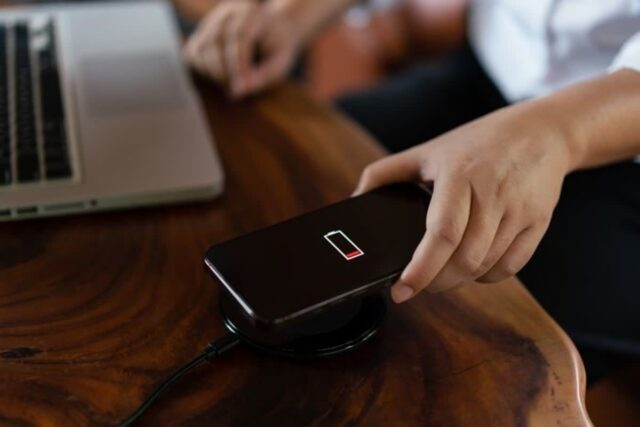U.S.-based biotech startup CONCEIVABLE Life Sciences has successfully automated the in vitro fertilization (IVF) process using artificial intelligence (AI) and robotics.
As a result, the world’s first baby conceived through a fertility procedure primarily carried out by AI and robots has been born. This groundbreaking achievement was published in the April issue of the international journal Reproductive Biomedicine Online.

The procedure used intracytoplasmic sperm injection (ICSI), a highly advanced technique that differs from standard IVF. Instead of allowing sperm to fertilize an egg naturally in a dish, ICSI involves directly injecting a single sperm into the cytoplasm of an egg using a fine needle. It is particularly effective for treating male infertility cases involving low sperm motility.
Lead researcher Jacques Cohen emphasized the importance of automation, stating that even doctors are prone to fatigue and distraction, which can lead to errors.
The research team automated most of the 23 steps required for ICSI. Each step was monitored in real-time and controlled through button-operated interfaces.
In this specific case, Hudson, New York specialists remotely operated a robot located in Guadalajara, Mexico, to carry out the procedure.
AI selected the healthiest sperm by analyzing their physical characteristics. After immobilizing the tail using a laser, the robot pierced the egg’s membrane with a microinjection needle and delivered the sperm. Robots were also used to preserve the fertilized embryos in liquid nitrogen.
The AI further analyzed the embryos’ chromosomal composition and implantation potential, identifying the ones with the highest viability.

Five of the eight donated eggs were fertilized using AI and robotics, while the remaining three were manually fertilized using traditional techniques. AI identified two embryos as the most viable, created and cultivated through the automated process.
The first embryo did not result in pregnancy, but the second embryo successfully implanted and led to the birth of a healthy baby.
Jacques Cohen noted that AI demonstrated high accuracy in selecting healthy sperm and eggs and that robots showed greater precision than humans in injecting sperm into the egg. This technology is expected to improve both fertilization and birth rates in the future.
















Comments0